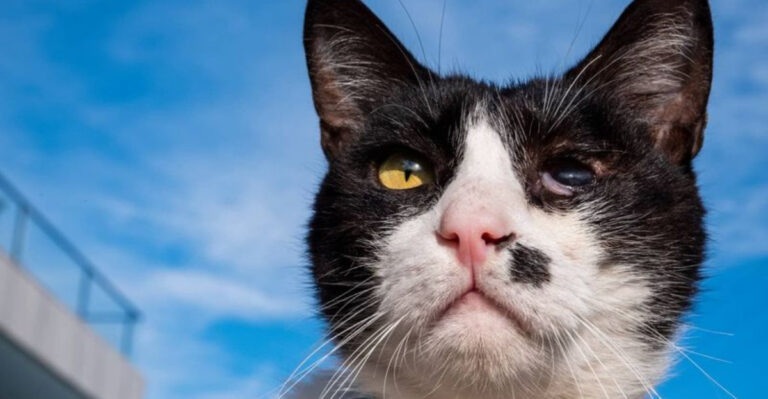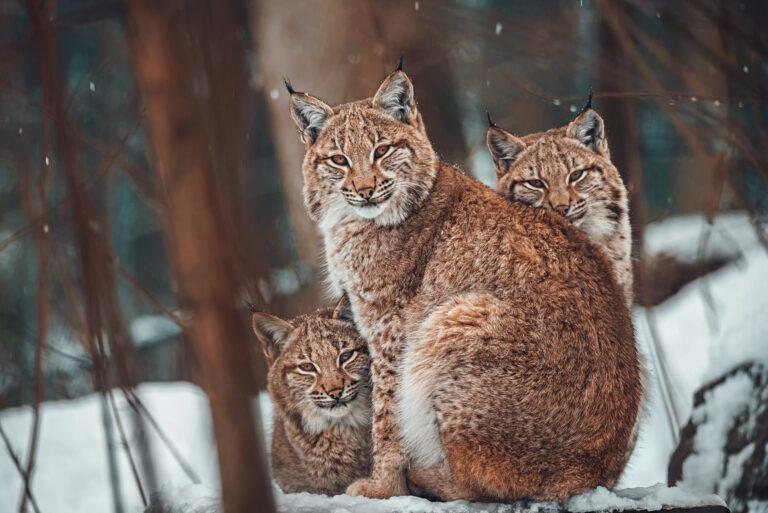16 Reasons Cats Win At Emotional Intelligence Over Dogs
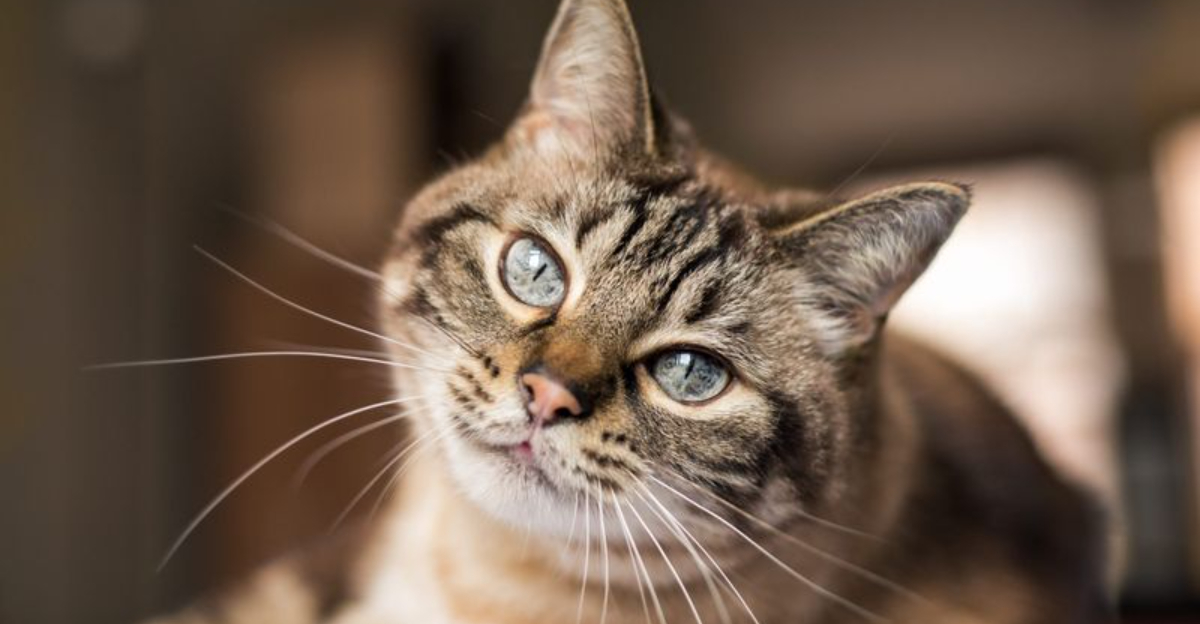
Cats, with their mysterious charm and innate wisdom, often leave us questioning how they seem to understand us so effortlessly. In this blog post, we explore the intriguing ways cats showcase their emotional intelligence, setting them apart from their canine counterparts.
From their intuitive behavior to subtle communication, discover why cats might just have the upper paw when it comes to understanding emotions.
1. Reading The Room
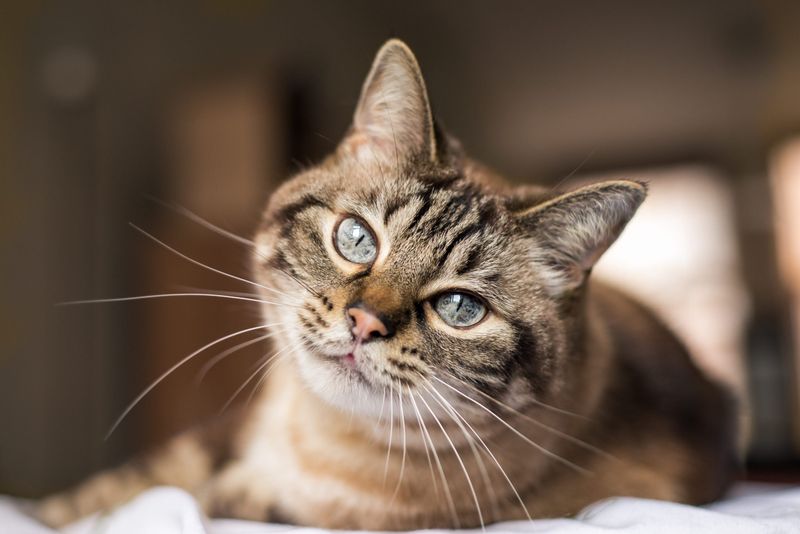
Ever noticed how a cat can sense the mood of a room? With an almost psychic ability, they pick up on emotional cues, adapting their behavior accordingly.
If you’re stressed, expect them to keep their distance or offer gentle company. This sensitivity is a testament to their emotional intelligence, reflecting a deep understanding of human emotions that often goes unnoticed by our canine friends.
2. The Purr Therapy

Cats have a built-in stress-relief mechanism: purring. This soothing sound isn’t just comforting; it’s also known to lower stress and anxiety levels in humans.
Unlike dogs, who show affection with exuberance, cats provide a calming presence that can be therapeutic. Their gentle purrs are like a warm hug on a cold day, making them perfect companions for emotional support without overwhelming displays of affection.
3. Solitary Wisdom
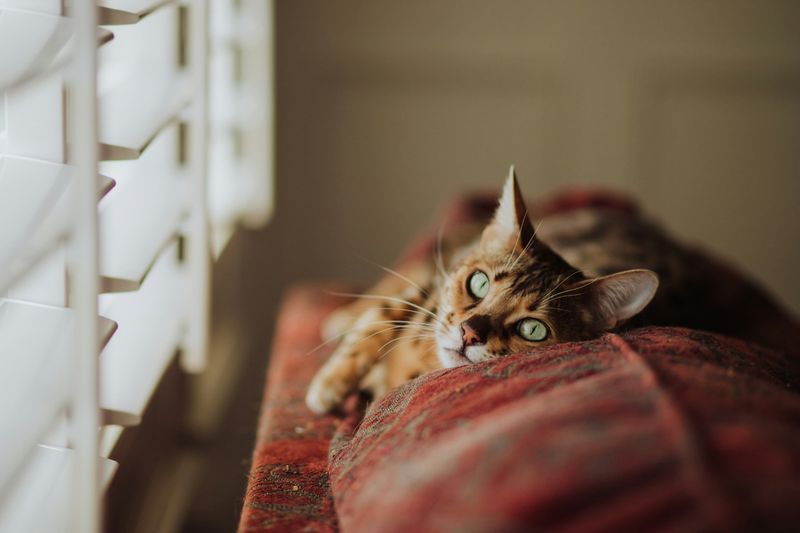
Cats are the epitome of independence. They appreciate solitude, which allows them to process emotions internally. This doesn’t mean they don’t care; rather, their alone time is a reflection of their self-awareness.
While dogs seek constant companionship, cats teach us the value of introspection and self-care. Their ability to find peace in solitude is a remarkable aspect of their emotional intelligence.
4. Subtle Communication
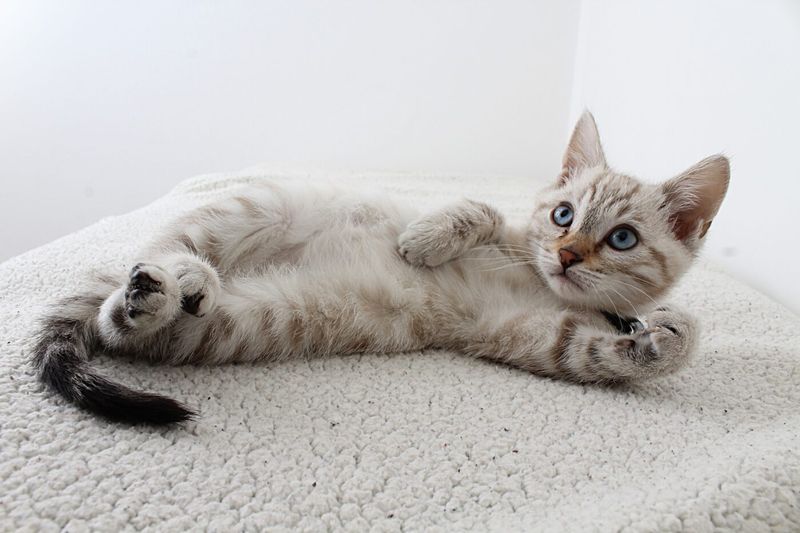
Cats excel in non-verbal communication. A flick of the tail or a slow blink can convey a myriad of emotions. These subtle gestures demonstrate a sophisticated understanding of nuanced communication.
Unlike dogs, whose emotions are often loud and clear, cats offer a more refined approach. It’s like having a silent conversation with a close friend, where words aren’t necessary to understand each other.
5. Personal Space Respect
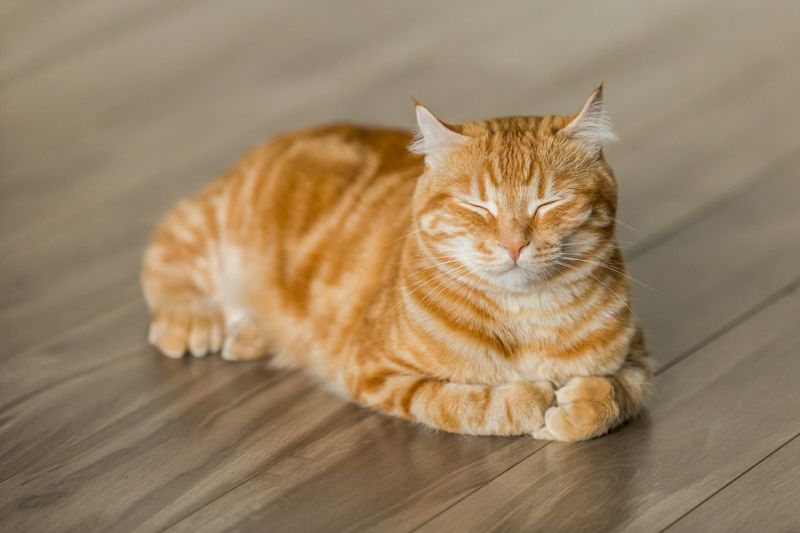
Cats are masters of respecting personal space. They intuitively know when to approach and when to give you room. This understanding of boundaries is a core component of emotional intelligence.
Dogs might jump right in, but cats offer their companionship in a more considerate way. It’s a lesson in mutual respect, where both cat and human can coexist harmoniously without feeling overwhelmed.
6. Empathetic Listeners
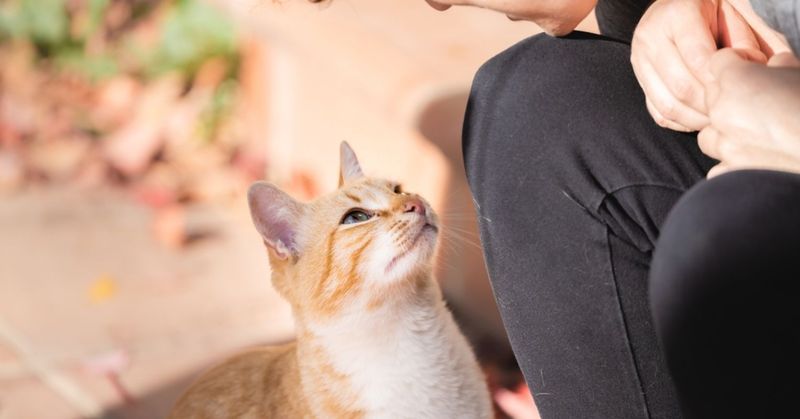
Though they might not react like dogs, cats are surprisingly good listeners. Their attentive nature and quiet presence can make you feel heard. When you’re talking to them, they often respond with a gentle look or a soft purr, creating a comforting atmosphere.
This empathetic listening ability highlights their emotional intelligence, offering a sense of companionship that understands without judgment.
7. Mood Reflectors
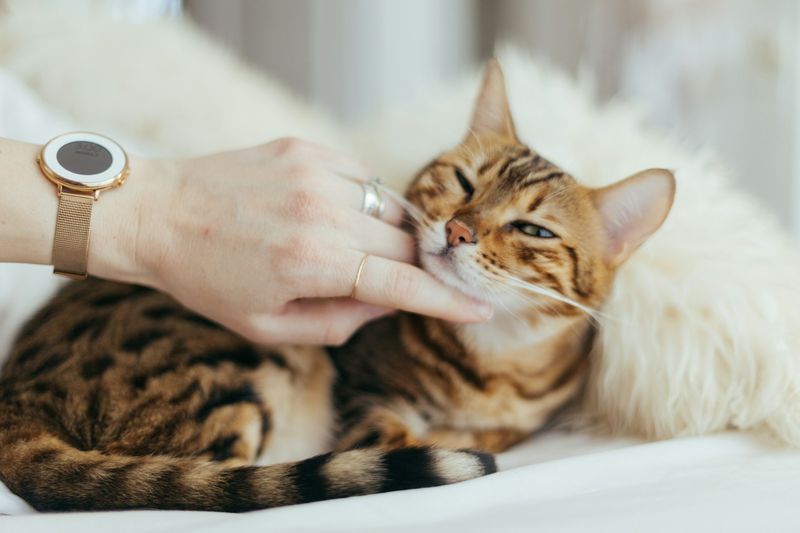
Cats have an uncanny ability to mirror your mood. Feeling down? You’ll find them lounging lazily. Energetic? They’ll engage in playful antics. This behavior reflects their keen sensitivity to human emotions.
Unlike dogs, who often maintain their exuberance regardless of your mood, cats adjust their energy levels to match yours, offering a unique form of companionship that feels personal and connected.
8. Silent Companionship
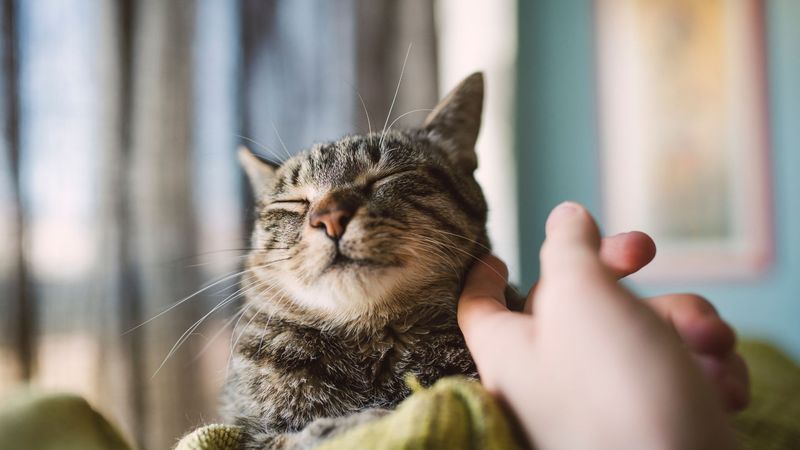
Cats offer the gift of silent companionship. They don’t need to fill the space with noise or activity to show they care. Simply being present is enough.
This quiet presence is comforting, especially when you’re seeking solace or time for reflection. It’s as if they understand the need for tranquility, providing support in a way that’s both unobtrusive and deeply comforting.
9. The Gentle Touch
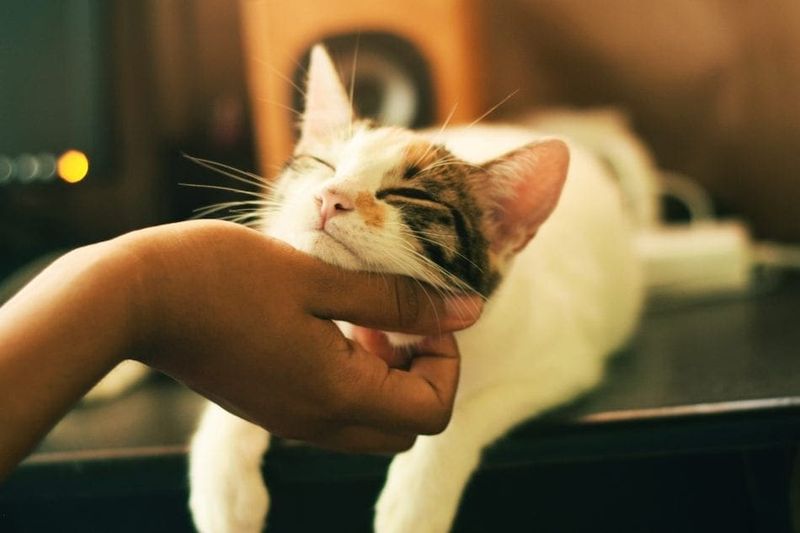
With a touch as soft as their purrs, cats express affection with subtlety. A gentle tap of the paw or a soft nuzzle demonstrates their caring nature without demands for attention.
This tender approach contrasts with the often vigorous affection shown by dogs. Cats teach us that sometimes the softest gestures speak the loudest, highlighting their unique form of emotional intelligence that resonates deeply with those they love.
10. Intuitive Comfort
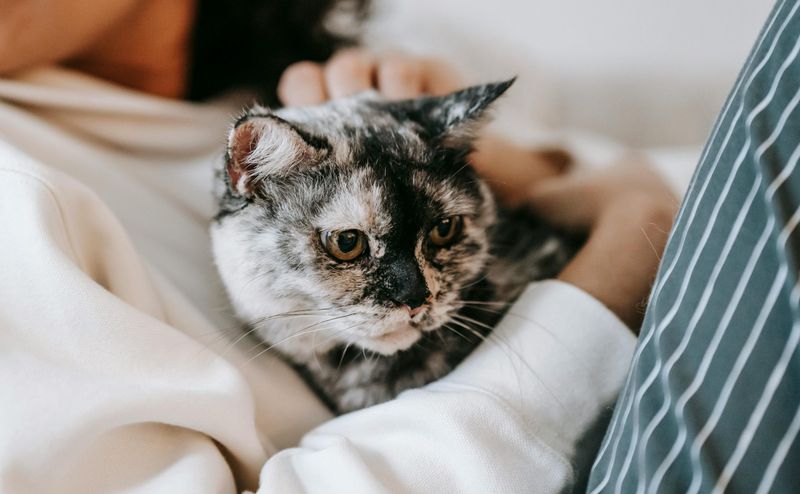
When you’re feeling blue, cats seem to know just what you need. They offer presence without pressure, curling up beside you in quiet understanding.
This intuitive sense of when and how to provide comfort showcases their emotional intelligence. Unlike dogs, who might respond with enthusiasm, cats provide a more subtle form of support that respects your space while offering reassurance.
11. Observant Detectives
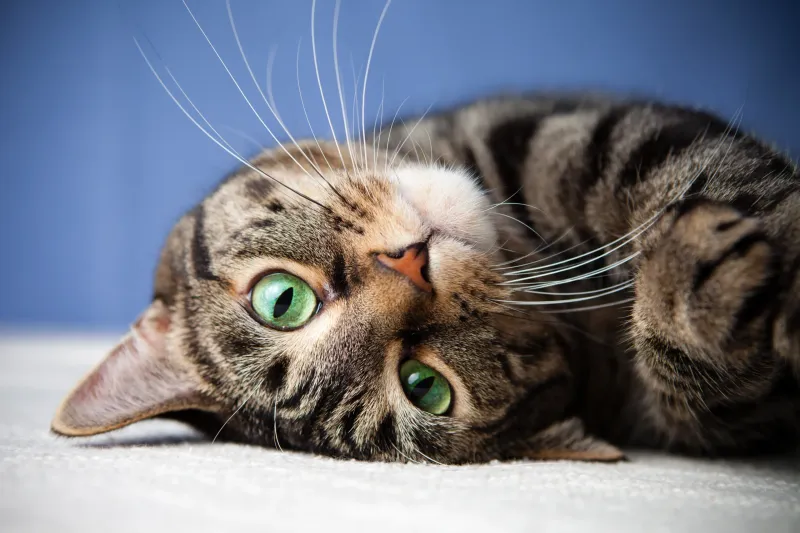
Cats are natural observers, always taking in their surroundings with a sharp eye. This observant nature allows them to understand changes in their environment, including emotional shifts in their human companions.
Their ability to detect subtle cues and respond accordingly is a testament to their perceptive nature. It’s a skill that goes beyond instinct, reflecting a deeper level of emotional intelligence.
12. Playful Psychologists
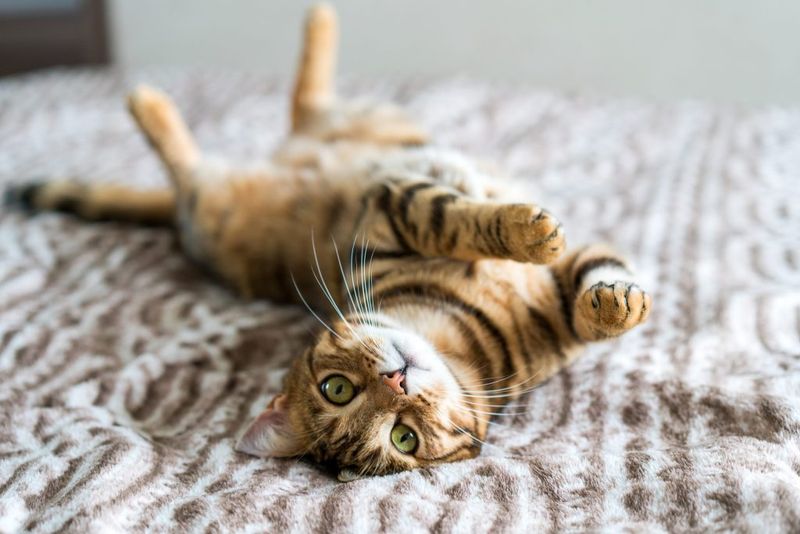
Playtime with cats is more than just entertainment; it’s a psychological exercise. Their playful antics reveal an understanding of human emotions, using creativity to engage and uplift spirits.
Unlike dogs, who might rely on routine games, cats introduce variety and spontaneity. Through play, they connect with you on a mental level, exhibiting a playful yet profound form of empathy.
13. Soulful Eyes
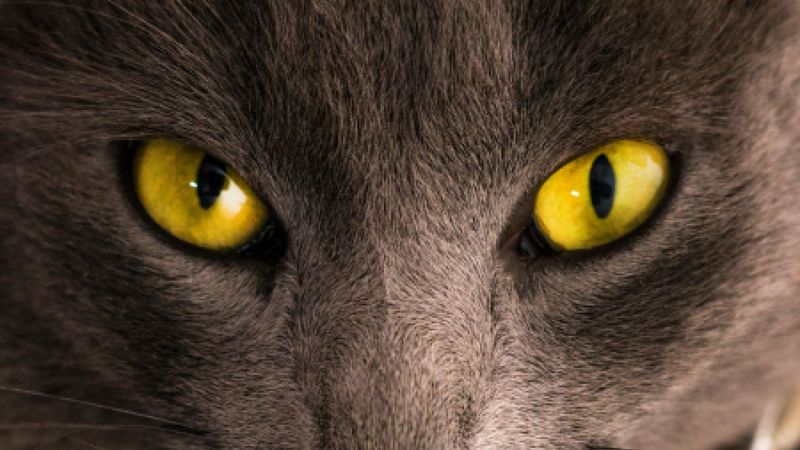
The eyes are the windows to the soul, and this rings true for cats. Their eyes can convey a depth of emotion and understanding that’s hard to ignore. One look into those soulful eyes, and it’s like they’re peering into your innermost thoughts.
This ability to connect on such a profound level through eye contact is a remarkable display of their emotional intelligence, offering comfort in its purest form.
14. Adaptable Companions
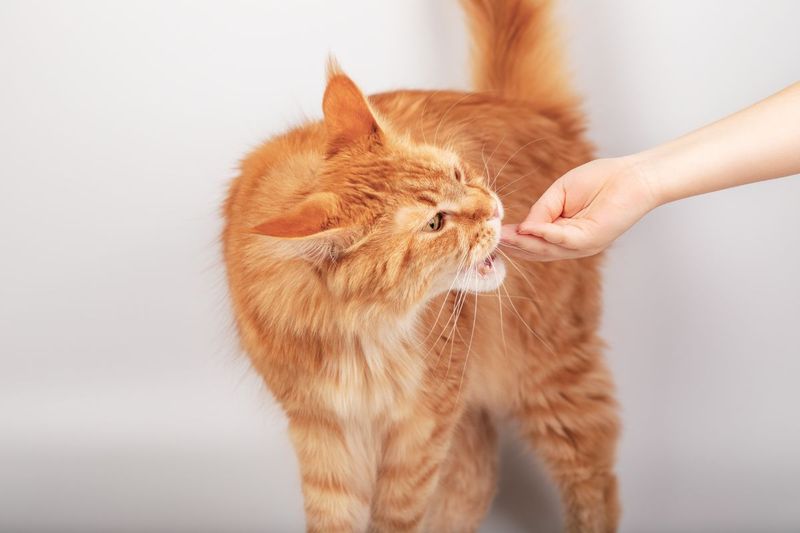
Cats are masters of adaptation, seamlessly adjusting to new situations and environments. This adaptability isn’t just physical; it’s emotional too.
They can sense when you need a change of pace or a familiar routine, and they adjust their behavior accordingly. This ability to adapt demonstrates a flexible emotional intelligence that provides stability and comfort, no matter the circumstances.
15. Loyal Yet Independent
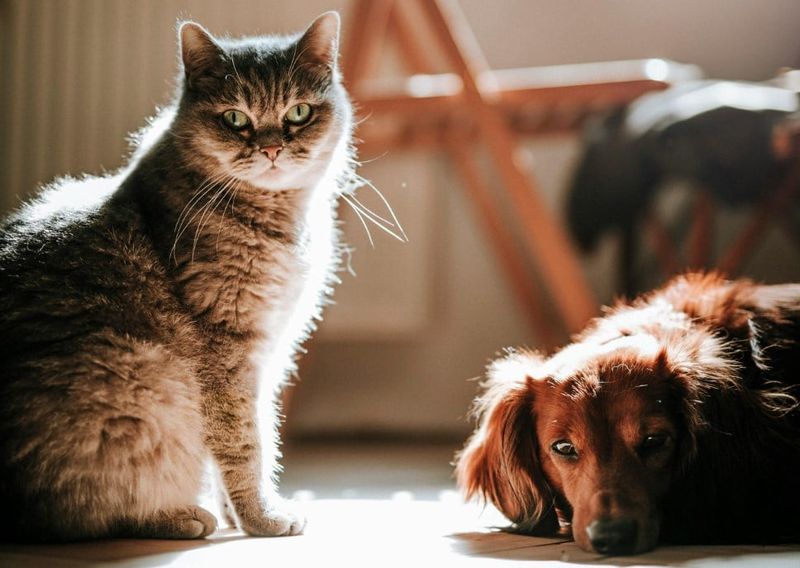
Cats strike a perfect balance between loyalty and independence. They can show unwavering devotion while appreciating their own space. This duality means they can be both companions and independent spirits.
Unlike dogs, who often need constant reassurance, cats teach us the value of being there for someone while also respecting personal boundaries. Their emotional intelligence shines in this harmonious balance.
16. Mystic Healers
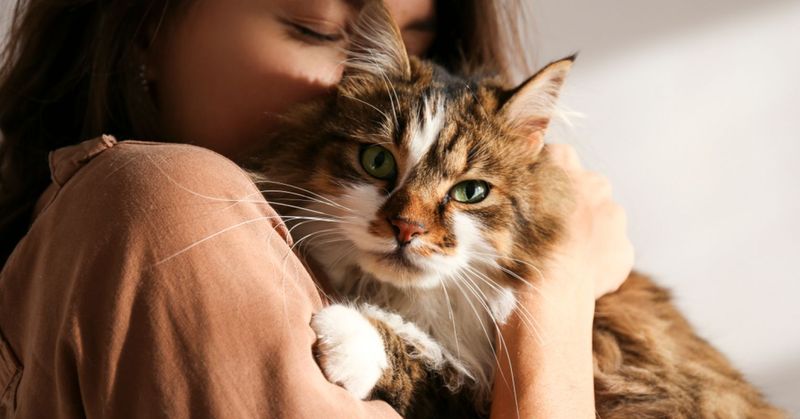
With an almost magical aura, cats often create a calming presence that feels healing. Whether it’s their soothing purrs or gentle nuzzles, they seem to possess an innate ability to mend emotional wounds.
This mystical quality sets them apart from dogs, offering a unique form of emotional support that feels otherworldly. Their presence is a reminder of the profound impact a simple act of companionship can have.


